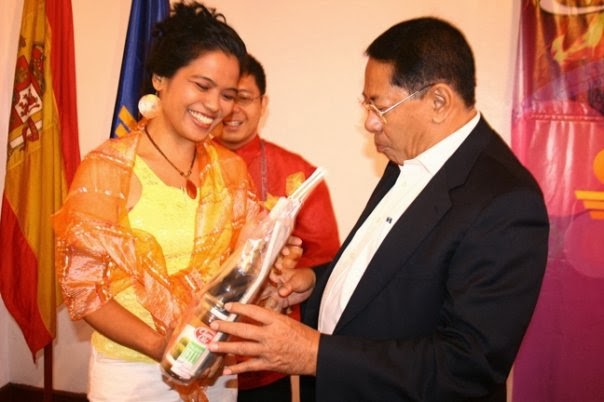Breastfeeding is vital to a child’s lifelong health, and reduces costs for health facilities, families, and governments. Breastfeeding within the first hour of birth protects newborn babies from infections and saves lives. Infants are at greater risk of death due to diarrhea and other infections when they are only partially breastfed or not breastfed at all. Breastfeeding also improves IQ, school readiness and attendance, and is associated with higher income in adult life. It also reduces the risk of breast cancer in the mother.
"Breastfeeding saves lives. Its benefits help keep babies healthy in their first days and last will into adulthood," says UNICEF Executive Director Henrietta H. Fore. "But breastfeeding requires support, encouragement and guidance. With these basic steps, implemented properly, we can significantly improve breastfeeding rates around the world and give children the best possible start in life."
WHO Director-General Dr Tedros Adhanom Ghebreyesus says that in many hospitals and communities around the world, whether a child can be breastfed or not can make the difference between life and death, and whether a child will develop to reach his or her full potential.
"Hospitals are not there just to cure the ill. They are there to promote life and ensure people can thrive and live their lives to their full potential," says Dr Tedros. "As part of every country’s drive to achieve universal health coverage, there is no better or more crucial place to start than by ensuring the Ten Steps to Successful Breastfeeding are the standard for care of mothers and their babies."
The new guidance describes practical steps countries should take to protect, promote and support breastfeeding in facilities providing maternity and newborn services. They provide the immediate health system platform to help mothers initiate breastfeeding within the first hour and breastfeed exclusively for six months.
It describes how hospitals should have a written breastfeeding policy in place, staff competencies, and antenatal and post-birth care, including breastfeeding support for mothers. It also recommends limited use of breastmilk substitutes, rooming-in, responsive feeding, educating parents on the use of bottles and pacifiers, and support when mothers and babies are discharged from hospital.
Note to editors
The Ten Steps are based on the WHO guidelines, issued in November 2017, titled Protecting, promoting and supporting breastfeeding in facilities providing maternity and newborn services.
Early initiation of breastfeeding, within one hour of birth, protects the newborn from acquiring infections and reduces newborn mortality. Starting breastfeeding early increases the chances of a successful continuation of breastfeeding. Exclusive breastfeeding for six months has many benefits for the infant and mother. Chief among these is protection against gastrointestinal infections and malnutrition, which are observed not only in developing but also industrialized countries.
Breast-milk is also an important source of energy and nutrients in children aged 6–23 months. It can provide half or more of a child’s energy needs between 6-12 months, and one-third of energy needs between 12-24 months. Breast-milk is also a critical source of energy and nutrients during illness, and reduces mortality among children who are malnourished.
Children and adolescents who were breastfed as babies are less likely to be overweight or obese.
For more information, please contact:
WHO
Paul Garwood
WHO Department of Communications
Mobile: +41 79 603 7294
Email: garwoodp@who.int
Nyka Alexander (Geneva)
WHO Department of Communications
Mobile: +41 79 634 0295
Email: alexandern@who.int
UNICEF
11 APRIL 2018 | GENEVA - News Release
The Ten Steps to Successful Breastfeeding underpin the Baby-friendly Hospital Initiative, which both organizations launched in 1991. The practical guidance encourages new mothers to breastfeed and informs health workers how best to support breastfeeding.



